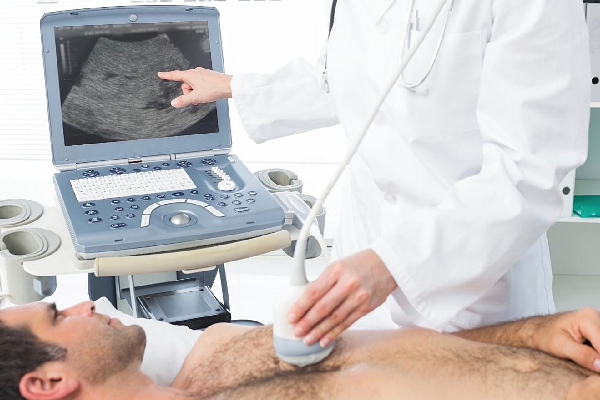In Hungary, cardiovascular diseases are responsible for around 50-60 thousand deaths a year - almost half of all deaths annually. In the absence of typical symptoms, these conditions are usually difficult to recognise or distinguish from each other, so cardiac screening plays an indispensable role in diagnosis. How is the test done? Who might need it? What cardiovascular diseases can it detect? In this article, we clarify these questions.
Plaques (fatty deposits) that build up inside the blood vessels are usually responsible for the development of cardiovascular disease, but other triggers include obesity, high blood pressure, high cholesterol and high blood sugar. In order to prevent serious diseases and complications, it is therefore essential to lead a healthy lifestyle, and it is recommended that everyone over the age of 40-45 should have a cardiac screening once a year as a preventive measure.
If you experience a fast or irregular heartbeat when you are at rest, tightness in the chest, shortness of breath or unusual weakness seek medical advice immediately.
The cardiac screening process
It is advisable to come prepared for a cardiac screening. It can make the cardiologist's job much easier if you have blood pressure readings from the days before the examination at home at rest, and it can also help if you bring your regular medication with you to the office along with your previous medical records.

Based on the history (complaints and history of previous illness) and the results of primary physical examinations (pulse, blood pressure and stethoscopic examination) a cardiac screening test may include the following:
- laboratory tests
- 12-lead ECG at rest
- exercise ECG
- 24-hour Holter ECG
- heart ultrasound
- heart MR
- chest X-ray
- coronary artery angiography
- ABPM monitoring (24-hour blood pressure monitoring)
The general cardiac screening takes about half an hour. Based on the results, the specialist can assess the likelihood of developing a cardiovascular disease. If a cardiovascular disease is suspected, your doctor may order further tests. Once a possible disease has been diagnosed, the next step is to set up a personalised treatment plan.

Diseases that can be detected by cardiac screening
- high blood pressure
- coronary heart disease
- heart failure
- heart rhythm disturbances
- congenital heart disease
- inflammatory heart disease
Cardiac screening is not only a way of detecting cardiovascular disease, but also of preventing it. It can help prevent life-threatening conditions such as heart attack, sudden cardiac death, ventricular fibrillation or stroke.
The aim is prevention - Have a cardiac check-up.
If you have a history of cardiovascular disease in your family - parents or grandparents - or if you have symptoms of cardiovascular problems, choose our cardiology screening package.!
Virtually all diagnostic tests and treatments are available at our clinic.